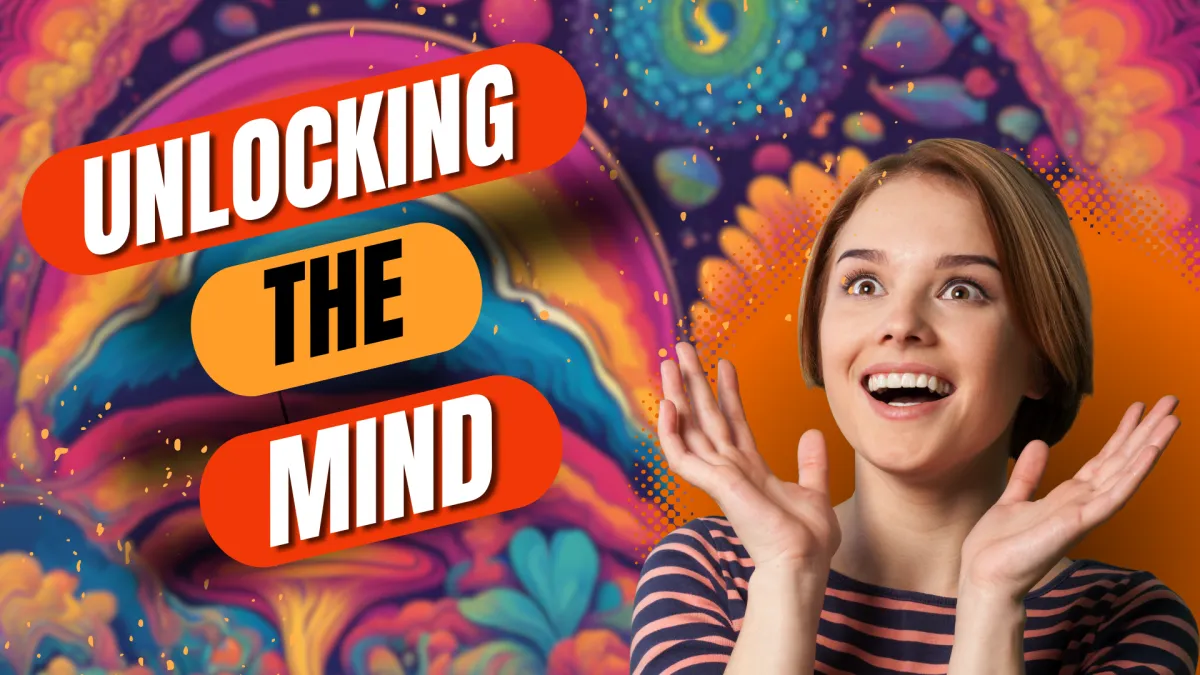Blogs

Unlocking The Mind
The Ibogaine Odyssey in Addiction Therapy
In an era where traditional addiction treatments often leave individuals in a lurch, the psychedelic frontier is gaining traction, promising a radical shift in how we address substance dependency. Enter Zappy Zapolin, a maverick in this space, who's not just pushing boundaries—he's catapulting over them with the zeal of a psychedelic evangelist. Zappy, the self-styled "psychedelic concierge to the stars," has thrown his weight behind ibogaine, a potent compound from the iboga root, traditionally used in West African spiritual practices.
A Trip Through Time: Psychedelics and Prohibition
To understand ibogaine's contentious present, we must first revisit the psychedelic prohibition era. Back in the '70s, President Nixon, in what might be described as a buzzkill for science, classified psychedelics under Schedule 1. This was less about the health hazards and more a political move, locking away these substances in the vault of "no medical benefit," despite their ancient roots in healing and spirituality. Zappy argues this was a misstep wrapped in red tape, a decision driven by fear rather than fact.
Enter the Mind Army: A Crusade for Consciousness
Frustrated by these archaic laws, Zappy founded the Mind Army, not with tanks and artillery, but with education and advocacy. Their war? To reclaim the right to explore our own minds, to use what nature has provided for millennia. The Mind Army isn't just fighting for legalization; they're on a mission to destigmatise and educate, believing firmly that psychedelics like ibogaine could be the key to unlocking the mental health crisis exacerbated by global traumas like the COVID-19 pandemic.
Ibogaine: The Root of Healing
Now, let's talk about ibogaine. This isn't your average herb from the garden. It's a 12-hour journey into the self, known for hitting the reset button on addiction. Imagine a substance so powerful it can interrupt years of destructive behaviour, offering a window of sobriety where real change can happen. Zappy explains it as a way to break the loops of negative thought patterns, essentially giving the brain a fresh start from addiction's relentless grip.
Safety or Scare Tactics?
Of course, ibogaine isn't all sunshine and rainbows. Critics point to risks, including cases of adverse effects or worse. But Zappy, ever the defender, compares these risks to peanuts—a common allergen managed through awareness and caution. He suggests that with proper screening and medical supervision, ibogaine's risks could be mitigated, much like any potent therapy.
Down Under: Ibogaine's Legal Labyrinth
In places like Australia, ibogaine exists in a legal grey zone, labeled under Schedule 4, making its use a tightrope walk for practitioners. The legal consequences for doctors dabbling in ibogaine treatments have sparked debate on medical ethics versus patient outcomes, illustrating the complex dance between law, medicine, and morality.
The Path Forward: Education Over Ejection
Zappy isn't just talking; he's showing. Through documentaries like "The Reality of Truth" and "Lamar Odom Reborn," he's putting real faces to the ibogaine narrative. These documentaries showcase stories like that of Lamar Odom, who after his ibogaine experience, boasts a sobriety that's outlasted many predictions. Here, education isn't just power; it's the path to acceptance.
Conclusion: The Unfinished Journey
The discourse around ibogaine is as intense as the substance itself. Advocates like Zappy see a future where ibogaine isn't just an alternative but a mainstream option for those lost in the labyrinth of addiction. While the medical community remains split, the conversation continues, propelled by stories of transformation and the relentless push of the Mind Army.
As we stand at this crossroads, the journey of ibogaine from a sacred root in West Africa to potentially one of the most revolutionary treatments in addiction therapy encapsulates the broader quest: to explore, to heal, and perhaps, to unlock the infinite potential of the human mind. The battle for ibogaine might just be the beginning of a larger exploration into how we can heal not just the body, but the very soul of society.

